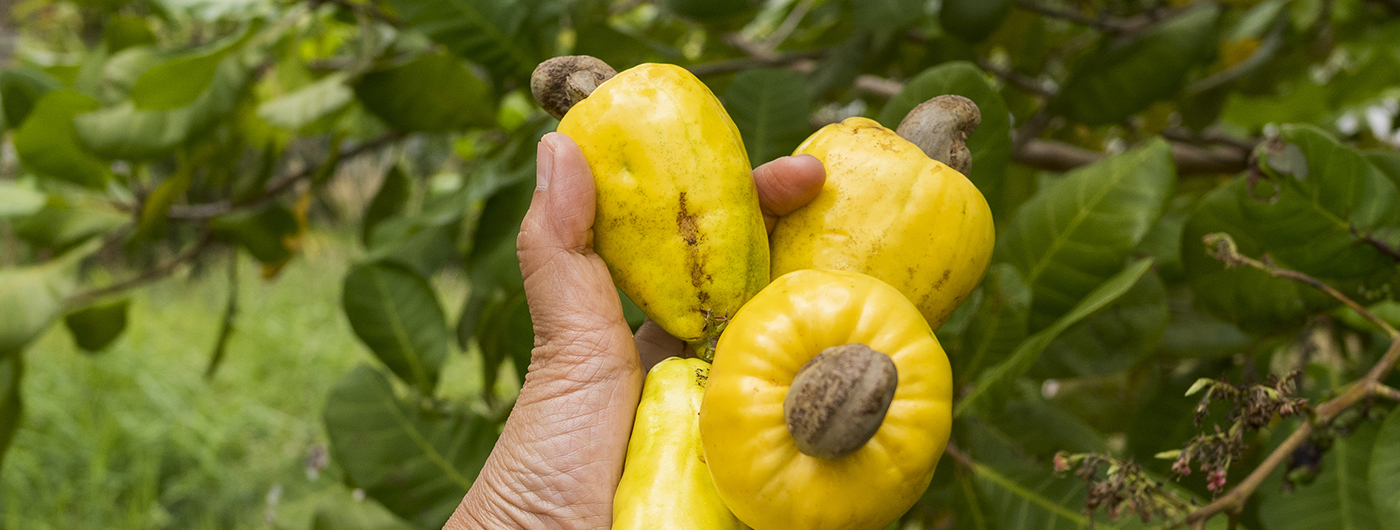

Expanding Business Operations into Cashews: A Comprehensive Analysis
We are thrilled to share our strategic decision to expand our business operations into the cashew industry this year. This move is driven by our strong ambition to diversify our product portfolio, tap into new markets, and seize the vast opportunities presented by the cashew market. In this extensive analysis, we will delve deep into the reasons behind our decision to procure, produce, and trade cashews, providing a comprehensive understanding for our valued customers and partners.
Market Potential and Growth:
1. Global Market Size and Forecast:
The cashew industry has experienced significant growth in recent years, making it an attractive sector for expansion. According to industry reports, the global cashew market was valued at USD 7.9 billion in 2020 and is projected to reach USD 10.2 billion by 2025, with a projected compound annual growth rate (CAGR) of 5.3% during the forecast period. This substantial growth can be attributed to several key factors.
2. Increasing Health Consciousness and Dietary Shifts:
The rise in health consciousness among consumers has led to a surge in demand for nutritious and wholesome snack options. Cashews, with their rich nutritional profile, including healthy fats, protein, vitamins, and minerals, have gained popularity as a healthy and satisfying snack choice. Additionally, the growing adoption of plant-based diets and the increasing number of consumers seeking alternatives to animal-based products have further fueled the demand for cashews, which serve as a versatile and plant-based protein source.
3. Growing Preference for Natural and Clean Label Products:
Consumers are becoming increasingly conscious of the ingredients used in the products they consume. Cashews, being a natural and minimally processed food, align well with the trend towards clean label and natural products. They are free from artificial additives, preservatives, and genetically modified organisms (GMOs), making them an appealing choice for health-conscious consumers seeking clean and natural snacking options.
4. Rising Popularity in Emerging Markets:
The demand for cashews is not limited to established markets but is also growing significantly in emerging economies. Countries such as India, China, Brazil, and Vietnam have witnessed a surge in cashew consumption due to factors such as changing lifestyles, increasing disposable incomes, and the growing influence of Western dietary patterns. This expanding consumer base in emerging markets presents a tremendous opportunity for businesses entering the cashew industry.
Profitability and Market Dynamics:
1. Favorable Price Dynamics:
Cashews have long been recognized as a high-value commodity, commanding premium prices in the market. The wholesale prices of cashews can vary depending on factors such as grade, size, and origin. Premium quality cashews, characterized by their large size, uniform color, and absence of defects, fetch higher prices in the market. This favorable price dynamics, combined with the increasing demand, contribute to the profitability of businesses operating in the cashew industry.
2. Value-Added Products and Market Segmentation:
The cashew market offers opportunities for businesses to explore value-added products and cater to specific market segments. Cashew-based products, such as flavored cashews, roasted cashews, cashew butter, and cashew milk, have gained popularity among consumers seeking unique and indulgent variations of this versatile nut. By innovating and diversifying product offerings, businesses can tap into niche markets, further enhancing profitability and market share.
3. Global Supply Chain and Trade Dynamics:
The cashew industry operates on a global scale, with a complex supply chain involving cashew-growing regions, processors, traders, and end consumers. Cashews are primarily produced in countries such as Vietnam, India, Nigeria, Brazil, and Ivory Coast. Understanding the dynamics of the global supply chain, including factors such as crop yields, weather conditions, transportation logistics, and trade policies, is essential for businesses to ensure a steady and reliable supply of cashews.
Sustainable Sourcing and Ethical Practices:
1. Supporting Local Farmers and Communities:
The expansion into the cashew industry provides an opportunity for businesses to establish long-term partnerships with local cashew farmers and cooperatives. By working directly with these stakeholders, companies can contribute to the economic development of cashew-growing regions, support small-scale farmers, and ensure fair prices and income for their produce. This approach promotes sustainable livelihoods, social welfare, and community development.
2. Environmental Considerations and Sustainable Farming:
Sustainability is a critical aspect of responsible business practices. Cashew farming, when done sustainably, can have a positive impact on the environment. Sustainable farming practices, such as efficient water management, agroforestry, soil conservation, and the use of organic fertilizers, help mitigate the environmental impact of cashew cultivation. By prioritizing sustainable sourcing and supporting farmers who adhere to these practices, businesses can contribute to environmental conservation and promote eco-friendly production methods.
Vertical Integration and Quality Control:
1. Ensuring Supply Chain Efficiency:
Expanding into the cashew industry allows businesses to pursue vertical integration within the value chain, enabling greater control and efficiency in operations. By directly engaging in procurement, processing, and trading activities, companies can streamline the supply chain, reduce dependency on intermediaries, and ensure the timely delivery of high-quality cashews to customers. This vertical integration enhances operational efficiency, minimizes supply chain disruptions, and improves overall profitability.
2. Stringent Quality Assurance:
Cashews are subject to rigorous quality standards to ensure they meet customer expectations. Factors such as size, color, moisture content, and absence of defects are crucial in determining the quality of cashews. By implementing robust quality control measures at every stage of the production process, including sorting, grading, roasting, and packaging, businesses can maintain consistent quality, adhere to industry standards, and meet the demands of discerning customers. This commitment to quality assurance enhances brand reputation, fosters customer loyalty, and facilitates long-term partnerships.
Conclusion:
Expanding our business operations into the cashew industry represents a strategic move to capitalize on the growing market demand, tap into new consumer segments, and diversify our product portfolio. Supported by extensive data, market trends, and industry insights, it is evident that the cashew industry offers tremendous potential for profitability and sustainable growth. We remain committed to sourcing high-quality cashews responsibly, supporting local farmers and communities, and delivering exceptional products to our valued customers. As we embark on this exciting journey, we invite you to join us in exploring the endless possibilities offered by the world of cashews.
James Tran Nguyen
Chief Strategy Officer & Vice Chairman of KAI Holdings


